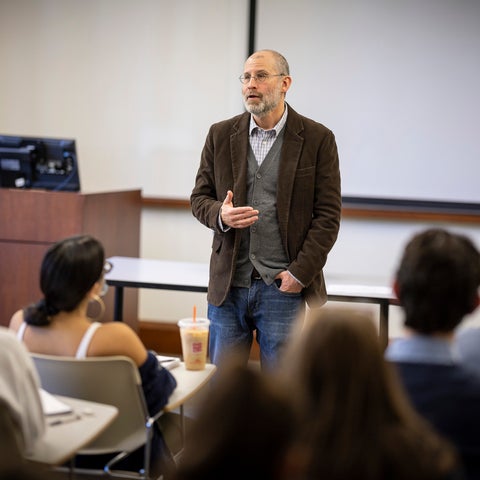
Abigail Cozier
- Assistant Director of Admissions/Diversity Recruitment
- 617-735-9715
- coziera [at] emmanuel.edu
Office
EAB 221
Dept
- Admissions

Abigail Shaw
- Tutor Coordinator
- 617-735-9756
- shawa [at] emmanuel.edu
Office
Room LG -04
Dept
- Academic Resource Center

Adam Silver
- Associate Professor of Political Science - Chair
- 617-264-7682
- silvera [at] emmanuel.edu
Office
Room EAB-463
Dept
- Political Science & International Studies

Aimee Bonneau
- Assistant Professor of Accounting
- 617-264-7619
- bonneaua [at] emmanuel.edu
Office
Room EAB-433
Dept
- Business & Economics

Alexa Benzaid-Williams
- Associate Librarian for Collection Strategies
- 617-732-1661
- williamsa2 [at] emmanuel.edu
Office
Room L-316
Dept
- Learning Commons

Alison Vallereux
- Executive Director of Institutional Research
- 617-732-1655
- vallereuxa [at] emmanuel.edu
Office
Room L-310
Dept
- Institutional Research

Allen Price
- Associate Professor of Physics
- 617-975-9012
- priceal [at] emmanuel.edu
Office
WSC-209C
Dept
- Chemistry & Physics

Ally Ruffo
- Associate Director for Student Learning and Success
- 617-735-9795
- ruffoa [at] emmanuel.edu
Office
Room EAB-321
Dept
- Academic Advising

Amanda Snow
- Director of Counseling
- 617-735-9920
- snowa3 [at] emmanuel.edu
Office
Room M-220
Dept
- Counseling Center